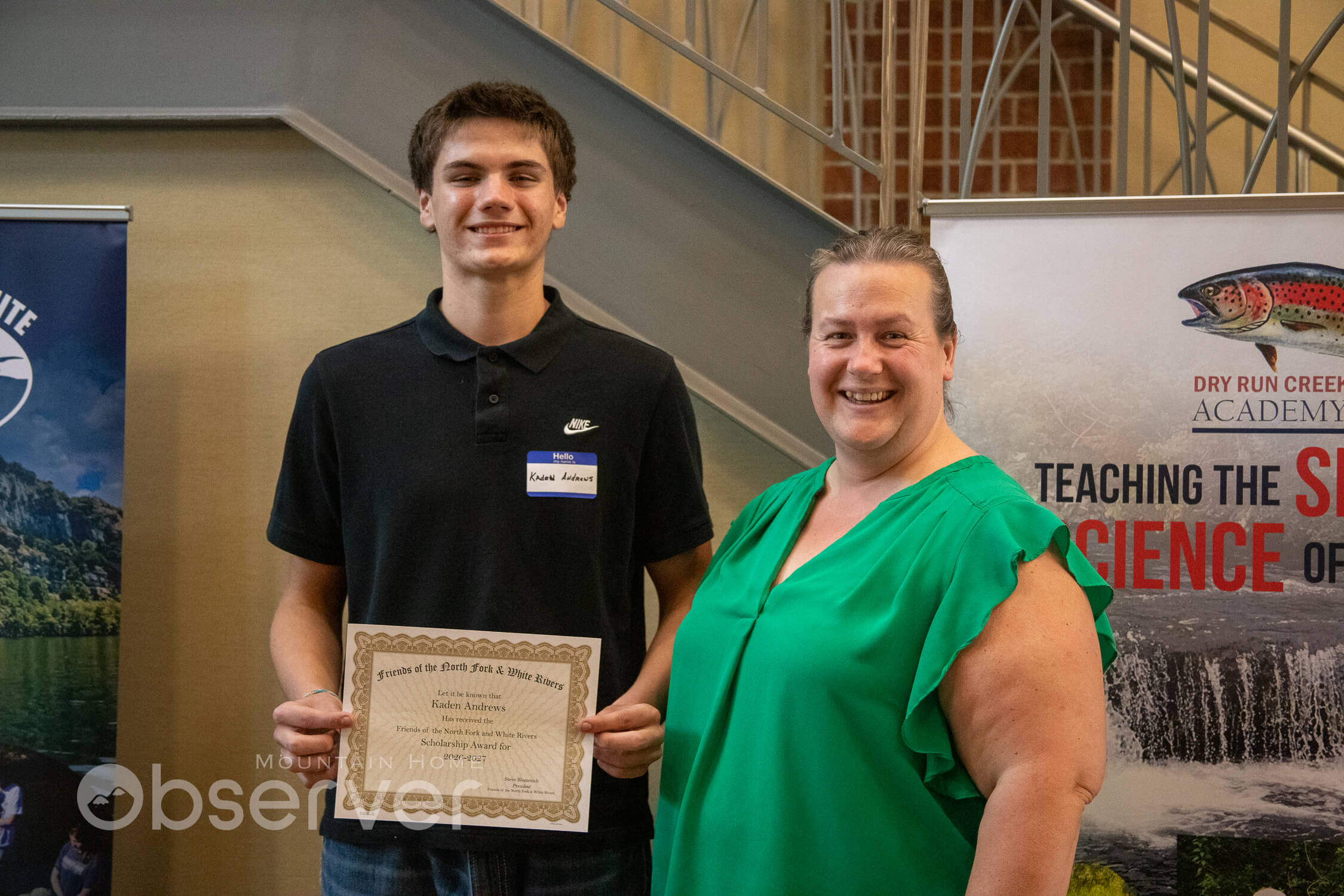River Guardians Unveil Environmental Insights at Landmark Annual Gathering

Local Environmental Group Highlights Sustainable Education at Annual Gathering
The Friends of the North Fork and White Rivers demonstrated their passionate commitment to environmental stewardship during their 2025 annual meeting, held Monday evening at Arkansas State University Mountain Home.
Attendees gathered with a shared vision of promoting ecological awareness and sustainable practices in the region. The organization's focus on "Education for a Sustainable Future" was prominently featured throughout the evening's discussions and presentations.
Members and community leaders explored innovative strategies for protecting the local watershed, preserving natural habitats, and fostering environmental education among residents and students.
The event underscored the group's ongoing dedication to conservation and environmental learning, emphasizing the critical role of community engagement in maintaining the ecological health of the North Fork and White Rivers area.
